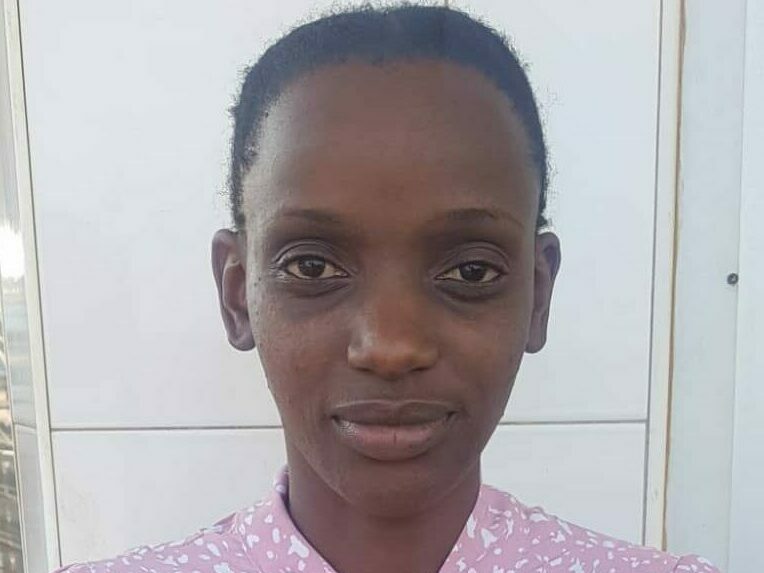
News
Promoting Inclusion Through Storytelling
Play audio version
Meet DJP Fellow Nissy Namuyomba
October 13, 2021
Disability Justice Project Fellow Nissy Namuyomba was born in 1994 in rural Masaka, southwest Uganda. As a child, Namuyomba dreamed of owning a bank, often finding herself staring into bank windows imagining herself there. At boarding school from the age of five, Namuyomba faced stigmatization from some students as the only student with a physical disability among a thousand others. She learned to ignore the negativity and instead developed her strengths by interacting with other students and teachers to create opportunities for success. When the realities of living with a disability became clear, she found herself interested in becoming an advocate for people with disabilities. Namuyomba graduated with a degree in business administration and management from Uganda Martyrs University Nkozi in 2016.
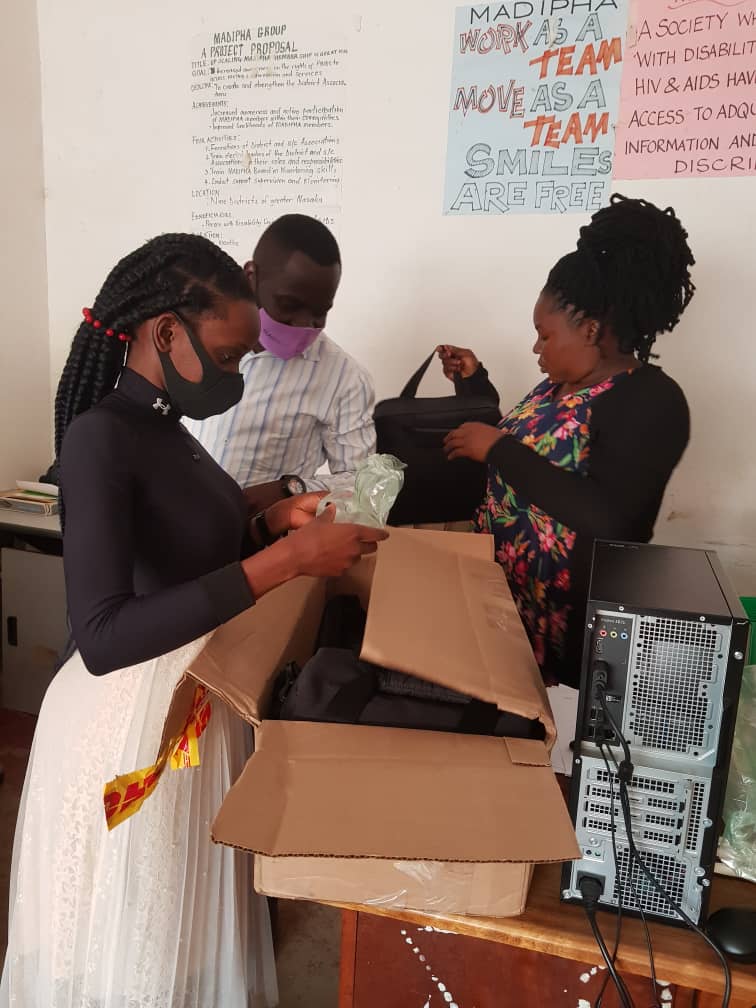
The opportunities available to Namuyomba after graduation were limited. The COVID-19 pandemic put an end to her internship with a logistics company, and she found herself back home without a plan. That changed when Namuyomba participated in a Masaka Association of Persons with Disabilities (MADIPHA) gender-based violence project. MADIPHA noticed her communication skills and asked her to volunteer with two organizations. She served in a crucial capacity, supporting the work of a colleague at the Greater Masaka Association of Persons with Cerebral Palsy who needed communication assistance. Namuyomba’s work was so well received that she was offered a paid position as an administrative assistant at MADIPHA. Namuyomba’s social and leadership skills continue to serve her organization well. She networks with local leaders, provides financial accountability, and facilitates disability inclusion. One of her greatest memories is presenting her poem about MADIPHA and its fight to stop the spread of HIV/AIDS among people with disabilities at the coronation of the king of Buganda on live television.
MADIPHA’s mission is to promote access to comprehensive HIV/AIDS services and sustainable livelihoods for all persons with disabilities. This mission is achieved through women’s empowerment, increased civic engagement, economic empowerment, collaboration, policy, and advocacy. Namuyomba is excited to learn the digital storytelling skills necessary to bring the positive stories of people with disabilities to light using traditional songs and dance and new creative works by people with disabilities. She will partner with local media through the South Buganda Journalists Association to share her skills and ideas. Namuyomba is excited to use accessible media technology to train and empower youth with disabilities, having served as chairperson of the Greater Masaka Association of Youth with Disabilities.
Namuyomba’s identity is formed not just as a person with disability but also as a Muganda woman of the Ngabi clan, speaker of the Bantu language Luganda, young community leader, and family member. She enjoys relaxing in her family home with reality-based adventure comics and movies. Namuyomba is passionate about helping other people achieve success and fulfillment. As a Disability Justice Project (DJP) fellow, she is inspired to create an inclusive society for people with disabilities through narrative storytelling.
News From the Global Frontlines of Disability Justice
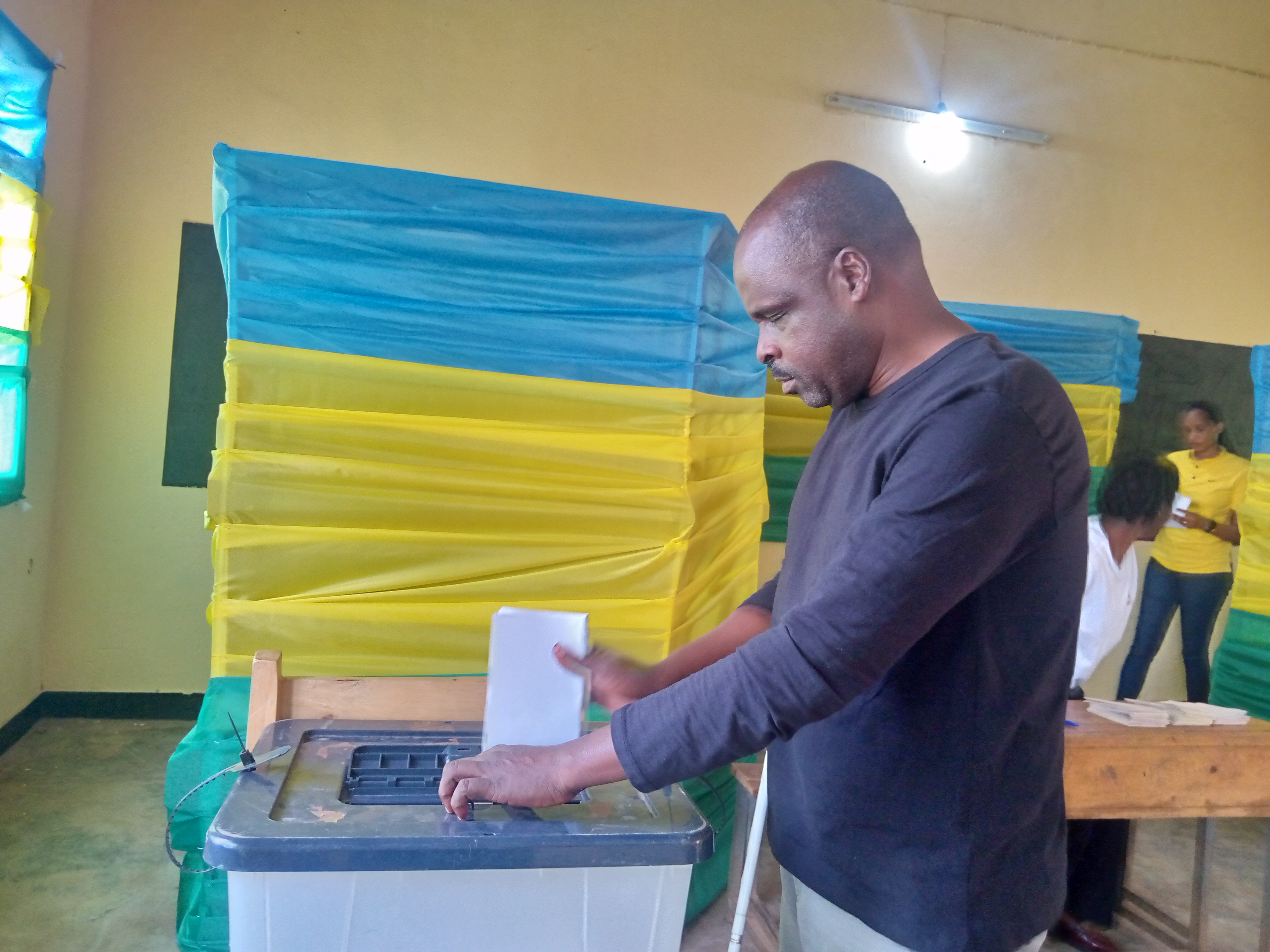
Advancing Democracy
Rwanda has made significant progress in making its elections more accessible, highlighted by the July 15 general elections where notable accommodations were provided. This was a major step forward in disabled Rwandans’ quest for equal rights and participation. “You cannot imagine how happy I am, for I have voted by myself and privately as others do accessibly,” says Jean Marie Vianney Mukeshimana, who used a Braille voting slate for the first time. “Voting is a deeply emotional and meaningful experience for a person with any disability in Rwanda, reflecting a blend of pride, empowerment, and hope.”
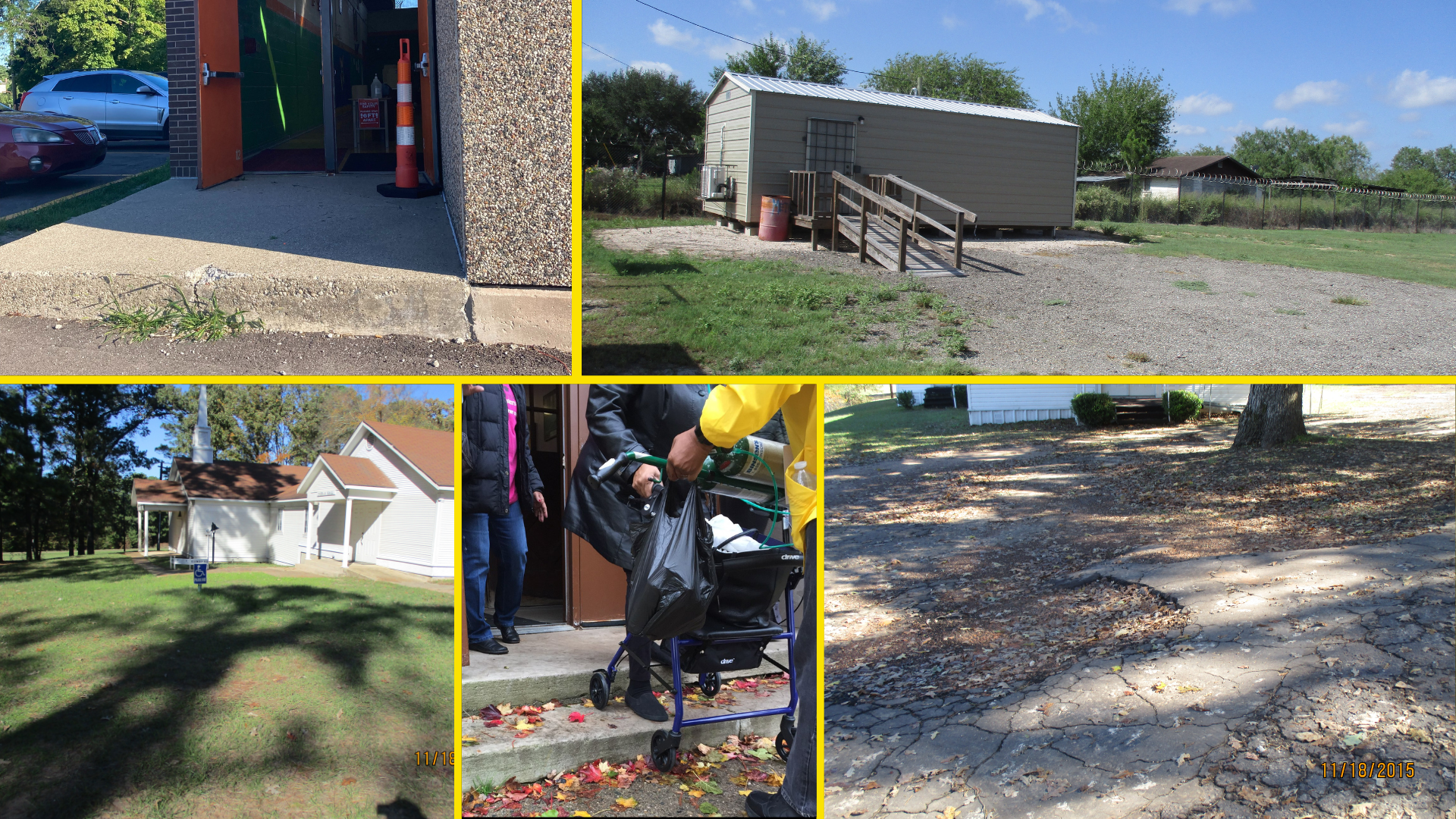
Barriers to the Ballot
Despite legislation like the Americans with Disabilities Act, barriers at the polls still hinder — and often prevent — people with disabilities from voting. New restrictive laws in some states, such as criminalizing assistance with voting, exacerbate these issues. Advocacy groups continue to fight for improved accessibility and increased voter turnout among disabled individuals, emphasizing the need for multiple voting options to accommodate diverse needs. ““Of course, we want to vote,” says Claire Stanley with the American Council of the Blind, “but if you can’t, you can’t.”
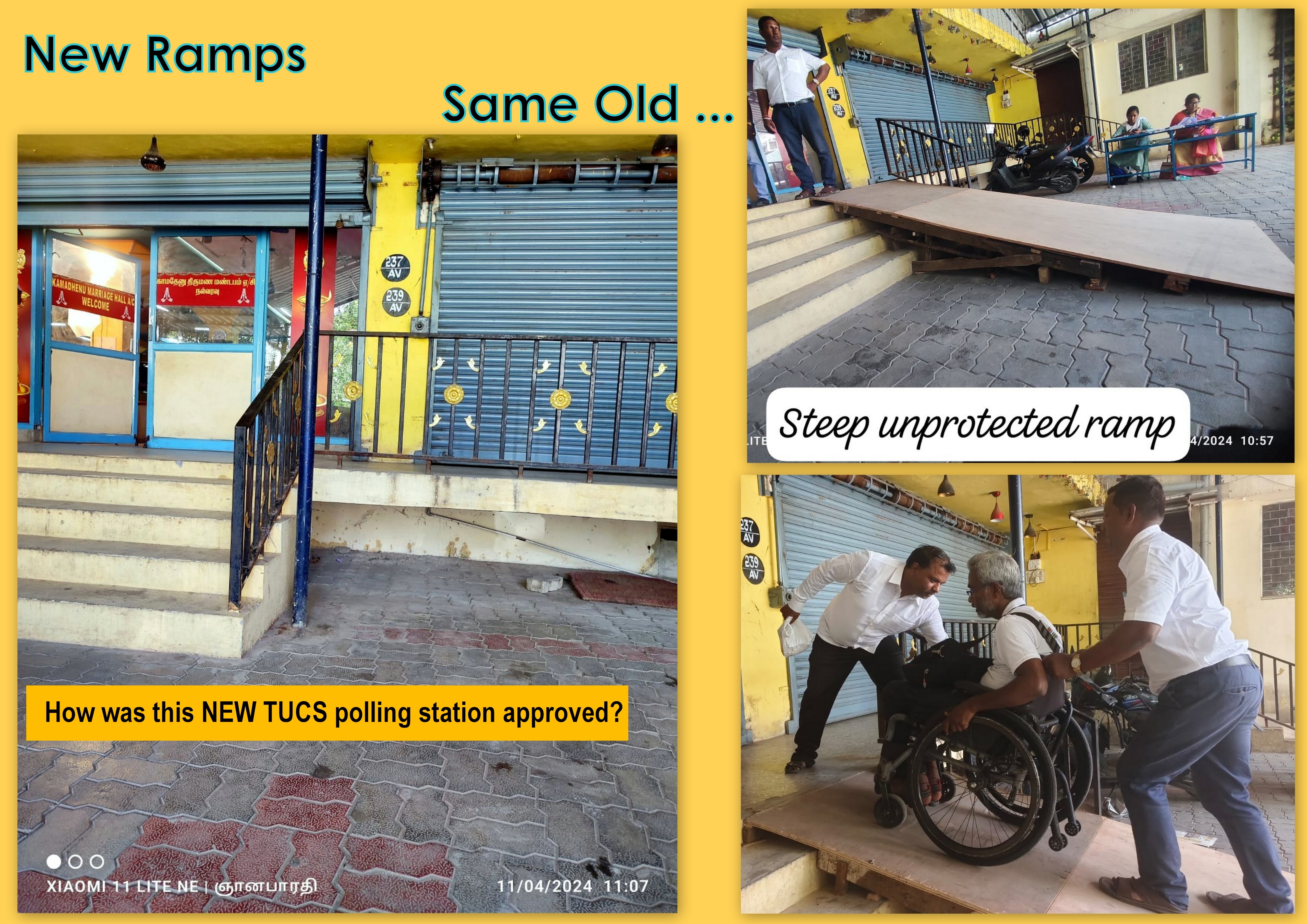
Democracy Denied
In 2024, a record number of voters worldwide will head to the polls, but many disabled individuals still face significant barriers. In India, inaccessible electronic voting machines and polling stations hinder the ability of disabled voters to cast their ballots independently. Despite legal protections and efforts to improve accessibility, systemic issues continue to prevent many from fully participating in the world’s largest democracy. “All across India, the perception of having made a place accessible,” says Vaishnavi Jayakumar of Disability Rights Alliance, “is to put a decent ramp at the entrance and some form of quasi-accessible toilet.”
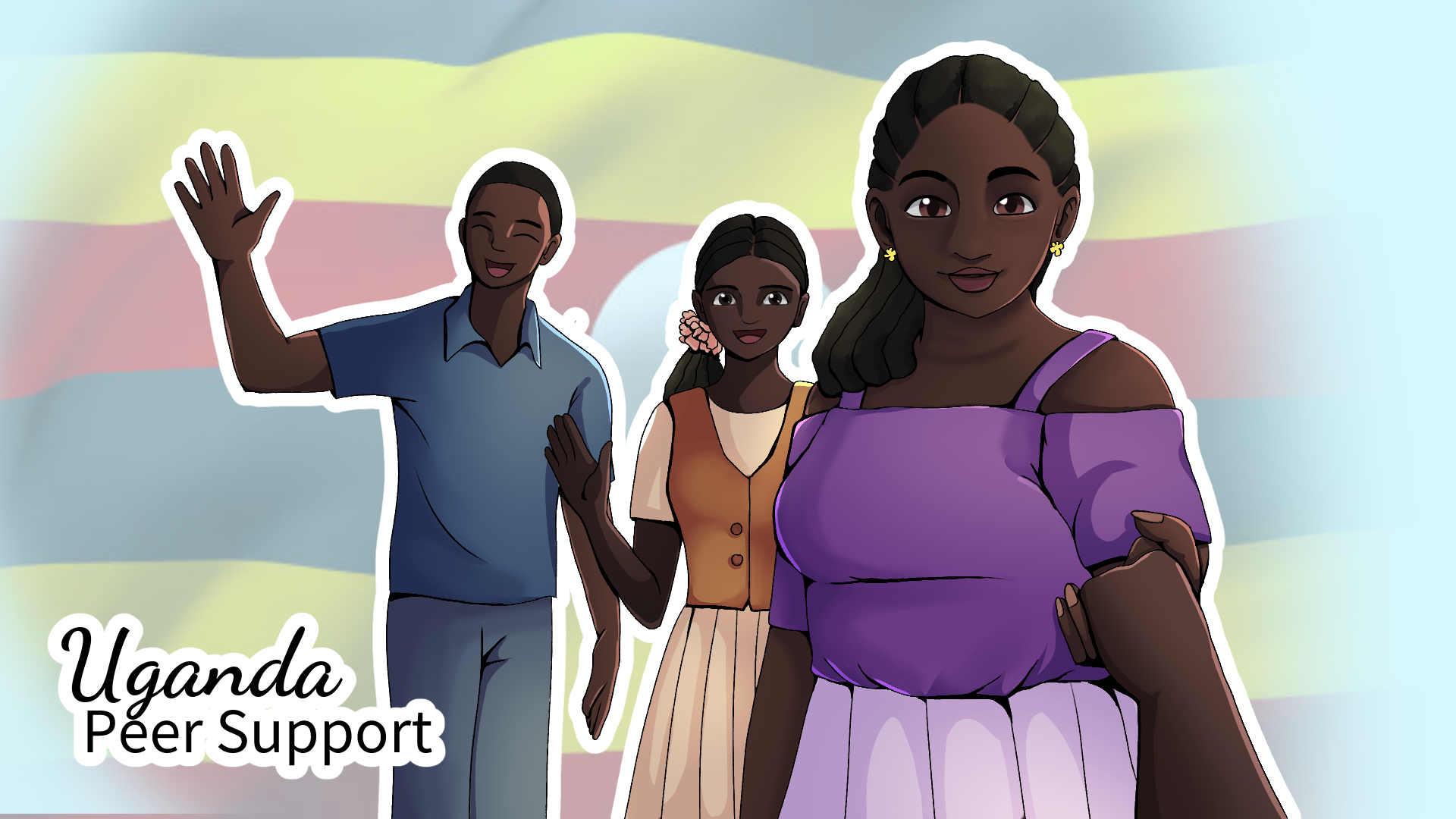
Triumph Over Despair
DJP Fellow Esther Suubi shares her journey of finding purpose in supporting others with psychosocial disabilities. She explores the transformative power of peer support and her evolution to becoming an advocate for mental health. “Whenever I see people back on their feet and thriving, they encourage me to continue supporting others so that I don’t leave anyone behind,” she says. “It is a process that is sometimes challenging, but it also helps me to learn, unlearn, and relearn new ways that I can support someone – and myself.”
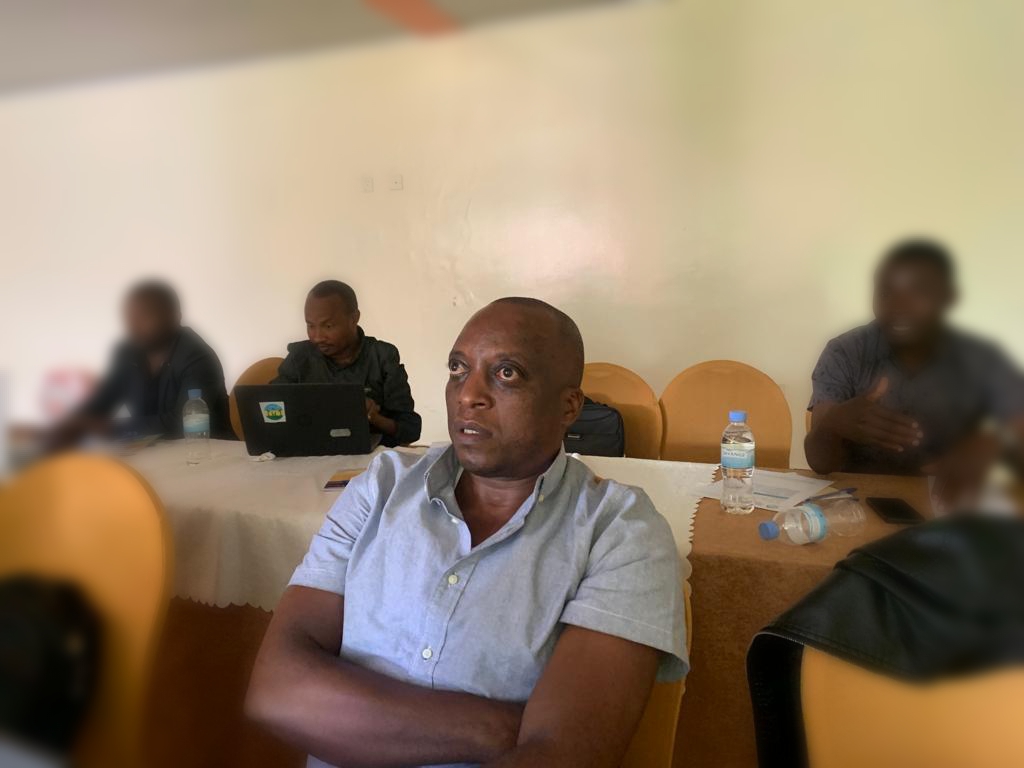
‘Our Vote Matters’
As Rwanda prepares for its presidential elections, voices like Daniel Mushimiyimana’s have a powerful message: every vote counts, including those of citizens with disabilities. Despite legal frameworks like the UN Convention on the Rights of Persons with Disabilities, challenges persist in translating these into practical, accessible voting experiences for over 446,453 Rwandans with disabilities. To cast a vote, blind people need to take a sighted relative to read the ballot. An electoral committee member must be present, violating the blind person’s voting privacy. “We want that to change in these coming elections,” says Mushimiyimana.
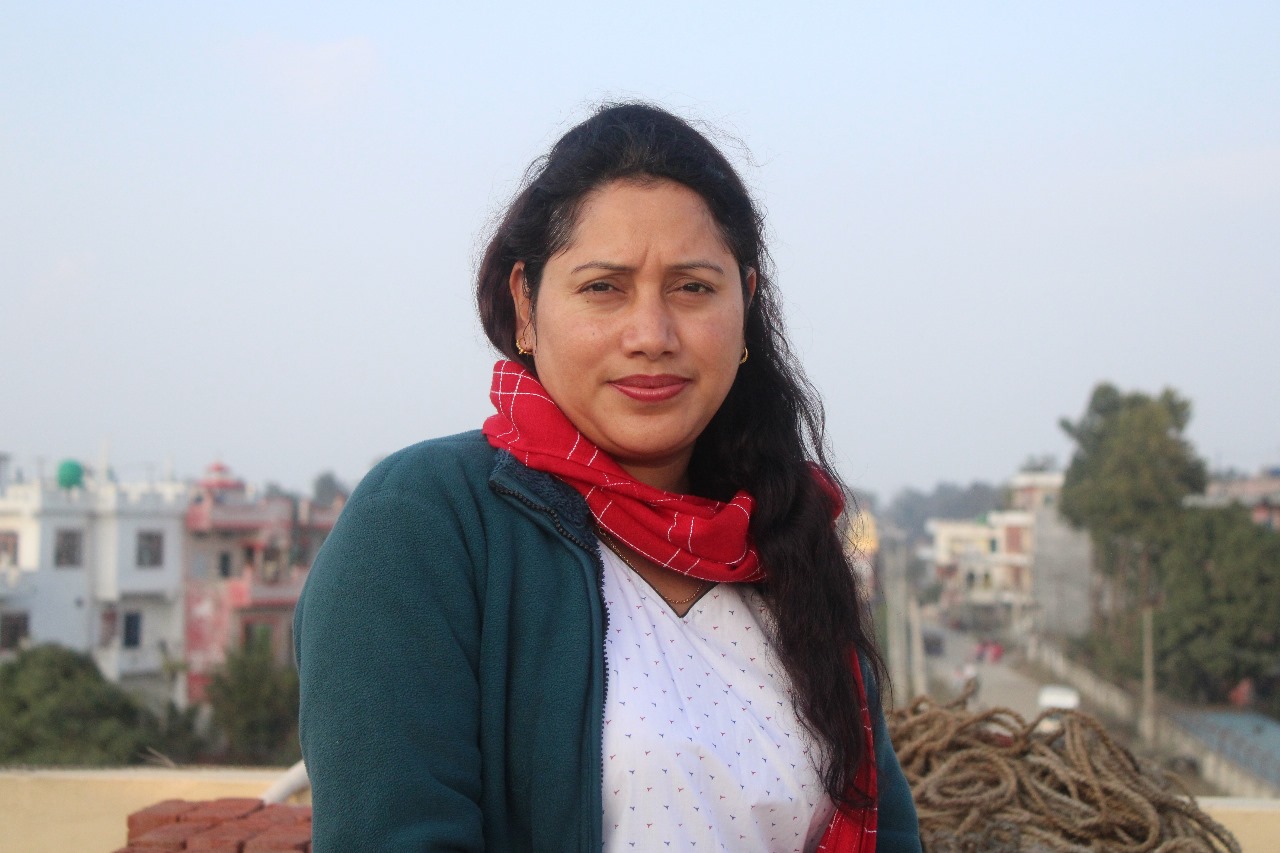
Voices Unsilenced
Often dismissed as a personal concern, mental health is a societal issue, according to Srijana KC, who works as a psychosocial counselor for the Nepali organization KOSHISH. KC’s own history includes a seizure disorder, which resulted in mental health challenges. She faced prejudice in both educational settings and the workplace, which pushed her towards becoming a street vendor to afford her medications. Now with KOSHISH, she coordinates peer support gatherings in different parts of Nepal. “It is crucial to instill hope in society, recognizing that individuals with psychosocial disabilities can significantly contribute,” she says.